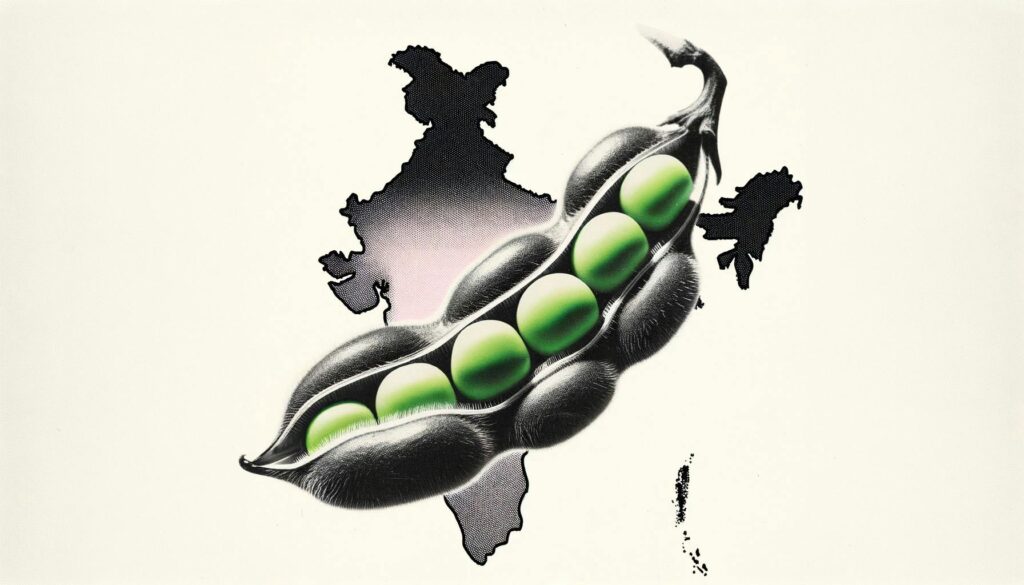
India Extends Farm Commodity Futures Ban To Tame Food Prices
What’s going on here?
India just extended its ban on futures trading for key farm commodities until January 31, 2025, aiming to control rising food prices.
What does this mean?
The Securities and Exchange Board of India (SEBI) is maintaining its approach to tackle food inflation by suspending futures trading on vital commodities like soybean, wheat, and palm oil. As the world’s largest importer of vegetable oils, India has a strong interest in managing such price swings. This ban, initially enacted in 2021, impacts markets such as the National Commodity and Derivatives Exchange and Multi Commodity Exchange that deal with these products. Yet, industry insiders are optimistic: they see this relatively short extension as an indication that futures trading might resume next year, potentially bringing stability to the fluctuating oilseed market.
Why should I care?
For markets: Commodity trading’s watchful pause.
The futures markets for soybean, wheat, and other staples are currently sidelined, posing challenges for traders who rely on price speculation. Aimed at maintaining price stability, this suspension curtails liquidity and hedging options, reducing market dynamism. Traders and investors should stay alert and ready for potential shifts when trading restarts, possibly early next year, offering opportunities to capitalize on significant rebounds or corrections.
The bigger picture: Balancing imports and inflation.
India’s reliance on importing nearly two-thirds of its edible oils from nations like Indonesia and Malaysia keeps it on an economic tightrope. The choice to extend the futures ban underscores a larger strategy to sustain domestic price stability amid global supply chain challenges. This is crucial as geopolitical tensions and environmental issues threaten global agricultural output, affecting both import expenses and local pricing structures. Those involved in food production and import will closely monitor these developments.



